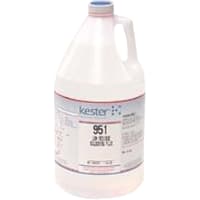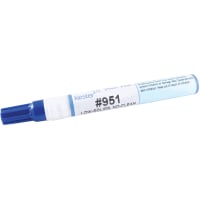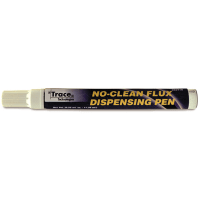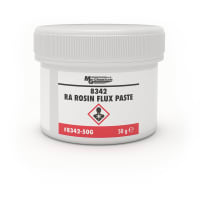"flux n solder"
3 resultsRead More
Compare
Product
You may only compare up to 5 items.

Mfr. Part #: 63-0000-0951
RS Stk #: 70177935
Drop-ship item
+1
$75.43
/ea
+5
$72.41
/ea
+10
$70.15
/ea
You may only compare up to 5 items.

Mfr. Part #: 83-1000-0951
RS Stk #: 70177934
In Stock:
34
On Order: 19
On Order: 19
You may only compare up to 5 items.

Mfr. Part #: 2507-N
RS Stk #: 70207087
In Stock:
10
+1
$9.71
/ea
+10
$9.42
/ea
+25
$9.27
/ea
+50
$9.13
/ea
Availability
Price
Drop-ship item
+1
$75.43
/ea
+5
$72.41
/ea
+10
$70.15
/ea
In Stock:
34
On Order: 19
On Order: 19
In Stock:
10
+1
$9.71
/ea
+10
$9.42
/ea
+25
$9.27
/ea
+50
$9.13
/ea











